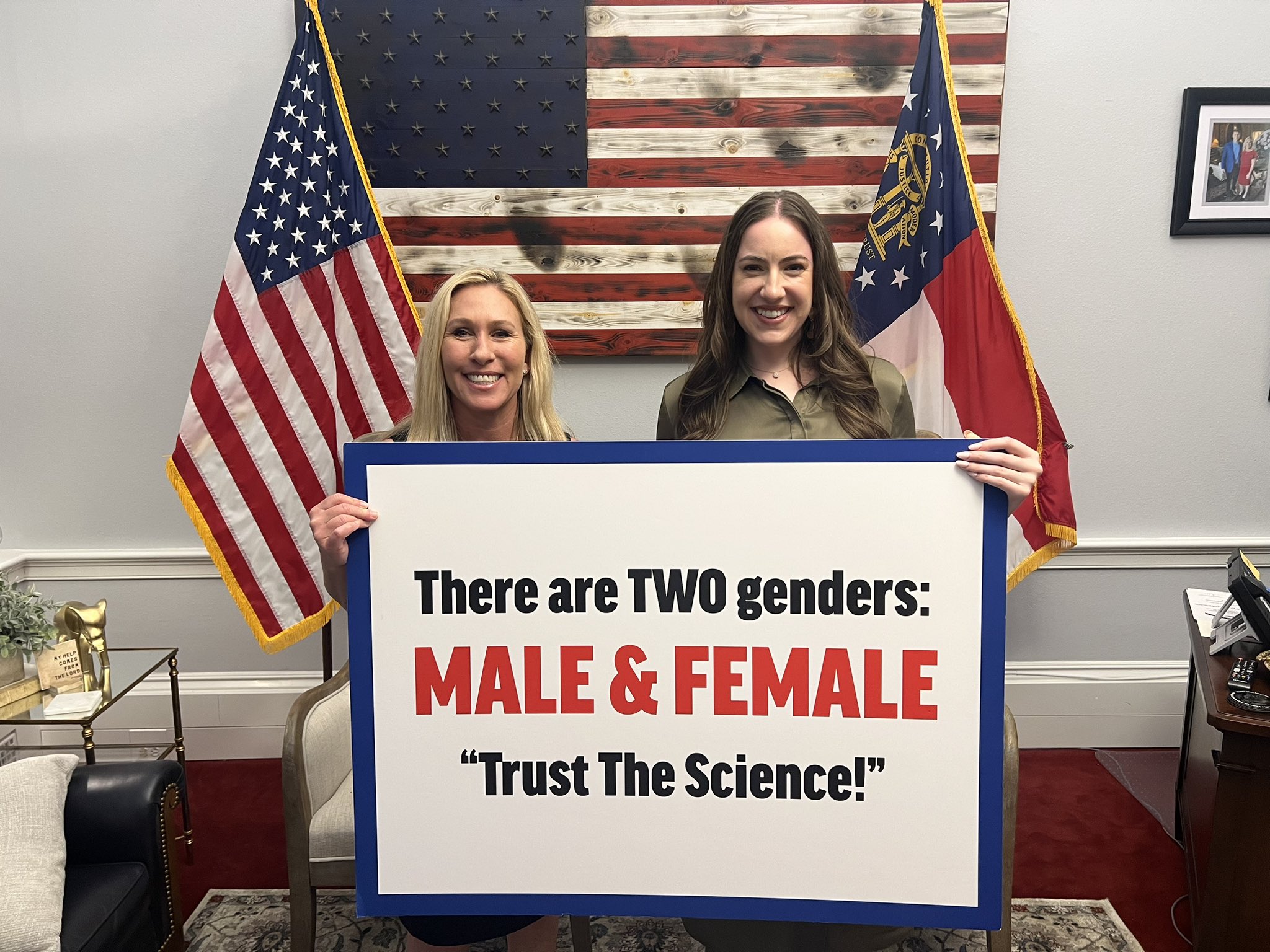
The American Chemical Society Discontinues Race-Based Scholarship Program Amid Legal and Political Pressure
In a notable transition for one of the world’s principal scientific organizations, the American Chemical Society (ACS) has declared the cessation of its longstanding Scholars Program, a diversity effort aimed at offering financial assistance to underrepresented students in the chemical sciences. The announcement, made on May 7, 2025, comes amid mounting legal and political challenges, particularly following a recent lawsuit from the anti-affirmative-action organization, Do No Harm.
The ACS Scholars Program, which has been active for over three decades, has supported more than 3,500 students from historically marginalized racial and ethnic groups during their higher education journeys in chemistry and related disciplines. Numerous recipients have progressed to earn advanced degrees, engage in significant research, and take leadership roles in academia and industry. The program has been widely acknowledged for contributing to the diversification of the chemical sciences workforce over the last thirty years.
Nonetheless, the ACS has announced it will now “sunset” this initiative. In its stead, a new scholarship program will be launched that removes race and ethnicity from the selection criteria. According to ACS CEO Albert Horvath, the revamped initiative aims to assist a broader range of students and aims to triple the number of beneficiaries in the next ten years. Applications for this new format are set to open later in 2025 for the 2026–2027 academic year, with an interim program established for the upcoming academic cycle.
Legal and Political Context
This adjustment closely follows a legal challenge initiated by Do No Harm, a conservative advocacy group opposing what it refers to as “identity politics” in educational and research settings. Its complaint, filed in March 2025, alleged that the ACS Scholars Program discriminated against white and Asian students, violating civil rights laws through its provision of race-based scholarships.
Although the lawsuit was dismissed on May 7—coinciding with the ACS’s announcement of the program’s closure—Do No Harm proclaimed victory. Stanley Goldfarb, the group’s chairman, asserted that the program’s termination signals that “racial bias has no place in medicine or medical education,” extending the group’s argument beyond the chemical sciences to a larger educational and healthcare discussion.
Do No Harm has also achieved legal successes against prominent institutions, including the pharmaceutical giant Pfizer and the University of Colorado, contributing to a growing trend of legal examination surrounding Diversity, Equity, and Inclusion (DEI) initiatives in science, medicine, and education.
These events are occurring within a shifting political environment. In early 2025, former President Donald Trump issued executive orders targeting the dismantling of DEI programs within federal agencies. Detractors contend that these directives are inciting lawsuits like the one against the ACS and stifling institutional commitments to diversity.
Mixed Reactions from the Scientific Community
The ACS’s decision has sparked discussions among scientists, educators, and policy critics. Derek Lowe, a notable drug discovery chemist and columnist for Chemistry World, accused the society of yielding to political pressure. “It absolutely is caving in,” he remarked, suggesting that concerns over attracting governmental scrutiny may have influenced the organization’s choices.
He posits that the ACS is apprehensive about possible repercussions from the Trump administration, such as challenging its tax-exempt status—a strategy already being contemplated in unrelated legal cases involving elite universities like Harvard.
Natalie Cozier, an innovation consultancy leader in the UK and a mentor to Black scientists, voiced her disappointment with the decision. “The ACS ending a program with a 30-year legacy of supporting underrepresented students is profoundly troubling – even if it’s not surprising given the contemporary legal landscape,” she stated. Cozier noted the 2023 U.S. Supreme Court ruling that effectively limited race-based affirmative action in college admissions as a pivotal moment in the DEI conversation.
She argued that opponents of DEI programs, like Do No Harm, frequently distort their aims. “These initiatives do not advocate for preferential treatment,” Cozier emphasized. “They are intended to offer historically disadvantaged groups access to opportunities in fields where the competition is still notably uneven.”
Future Outlook for DEI in Science
While the new scholarship program from the ACS may numerically benefit more students, critics argue that disregarding race and ethnicity could undermine efforts to establish an equitable pipeline into the chemical sciences, particularly for individuals from traditionally excluded communities.
Organizations throughout STEM fields now encounter heightened scrutiny regarding their diversity efforts. Legal analysts anticipate ongoing litigation against DEI programs, especially those that establish eligibility based on race, ethnicity, or gender.
Meanwhile, advocates for diversity initiatives are seeking race-neutral alternatives to uphold their mission. These may include criteria such as socioeconomic status, first-generation college status, or geographic location to identify disadvantaged students.
As the landscape continues to evolve, the central question for scientific institutions—including the ACS—is whether they can persist in promoting equity in meaningful ways without conflicting with the increasingly restrictive legal interpretations of anti-discrimination laws.